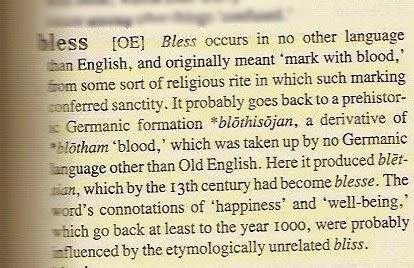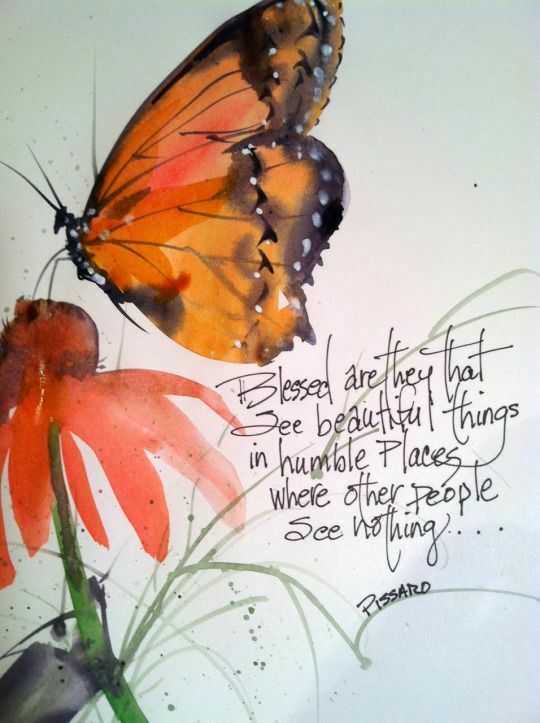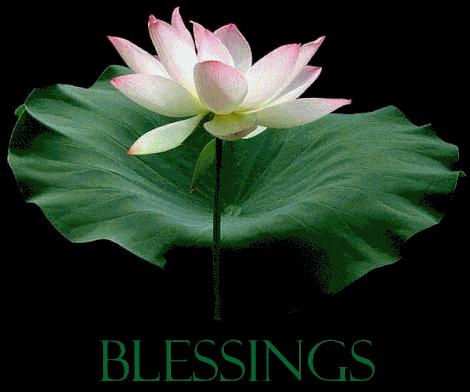#blessings
What do the colors of the Palestinian flag mean? What is their symbolic meaning?
- Black: It represents #mourning and #sadness over the #injustice and #persecution suffered by the Palestinian people. It symbolizes the #darkness that surrounds the homeland and the #silence that prevails over children's laughter;
- White: Symbolizes #peace and #love, echoing the messages of the prophets. It reflects the desire for hearts free of hatred, as opposed to enemies who carry only malice;
- Green: It represents #goodness, #growth, #blessings, and #hope for the future. It symbolizes Palestine's potential for #prosperity and #flourishing, with the expectation that the #barren land will once again become #fertile and #joyful;
- Red: signifies #martyrdom, #sacrifice and #devotion. It is associated with the #honor of giving one's life in defense of #religion, #family and #country.
Source: https://flagsdb.com/asia/ps
DON'T BELIEVE US, #RESEARCH IT #YOURSELVES. BE #CAREFUL WHEN YOU #GOD BLESS SOMEONE OR SAY SO CALLED BLESSING CAUSE YOU COULD BE PUTTING A #SPELL OF #DEATH ON THAT ONE YOU BLESS. GO AND CHECK THE #ETYMOLOGY AND ORIGINS OF THE #WORD BLESS OR #BLESSINGS.

#bless (v.)
Middle English blessen, from Old English bletsian, bledsian, Northumbrian bloedsian "to consecrate by a religious rite, make holy, give thanks," from Proto-Germanic *blodison
"hallow with blood, mark with blood," from *blotham "blood" (see blood (n.)). Originally a blood sprinkling on pagan altars.
This word was chosen in Old English bibles to translate Latin benedicere and Greek eulogein, both of which have a ground sense of "to speak well of, to praise," but were used in Scripture to translate Hebrew brk "to bend (the knee), worship, praise, invoke blessings." L.R. Palmer ("The Latin Language") writes, "There is nothing surprising in the semantic development of a word denoting originally a special ritual act into the more generalized meanings to 'sacrifice,' 'worship,' 'bless,' " and he compares Latin immolare (see immolate).
The meaning shifted in late Old English toward "pronounce or make happy, prosperous, or fortunate" by resemblance to unrelated bliss. The meaning "invoke or pronounce God's blessing upon" is from early 14c. No cognates in other languages. Related: Blessed; blessing.
#blessed (adj.)
late 12c., "supremely happy," also "consecrated, holy" (c. 1200), past-participle adjective from bless (v.). Reversed or ironic sense of "cursed, damned" is recorded from 1806. Related: Blessedly; blessedness.
#blessing (n.)
Middle English blessinge, from Old English bletsunga, bledsunge, "divine grace; protecting influence (of a deity, saint); state of spiritual well-being or joy;" also of a sanction or benediction of the Pope, a priest, etc.; verbal noun from bless. The meaning "a gift from God, that which gives temporal or spiritual benefit" is from mid-14c. In the sense of "religious invocation before a meal" it is recorded from 1738. Phrase blessing in disguise is recorded from 1746.
https://zulunationnyc.blogspot.com/2009/07/origin-of-word-bless.html
'This Christmas as you count your blessings sent to you by the Almighty, don’t forget to pray for those you aren’t able to partake in this wonderful celebration. I wish you have a Merry Christmas and a very Happy New Year ahead.
Sending thoughtful wishes your way this Christmas season. May the treasures and traditions of Christmas fill your heart with hope and happiness.
Have yourself a Merry little Christmas, Let your heart be light.
A friend like you is what makes Christmas special to me. Nothing makes me happier than sharing this season with you.'
~ 11:11 a.m. Friday December 25.2020
Canada Eastern_Standard_Time (UTC - 5)
#I_am_a_Lantern #of_light #walking_down _cobblestone_alley
#Merry _Christmas #and #Prosperous #Happy _New _Year
#Blessings #Peace






